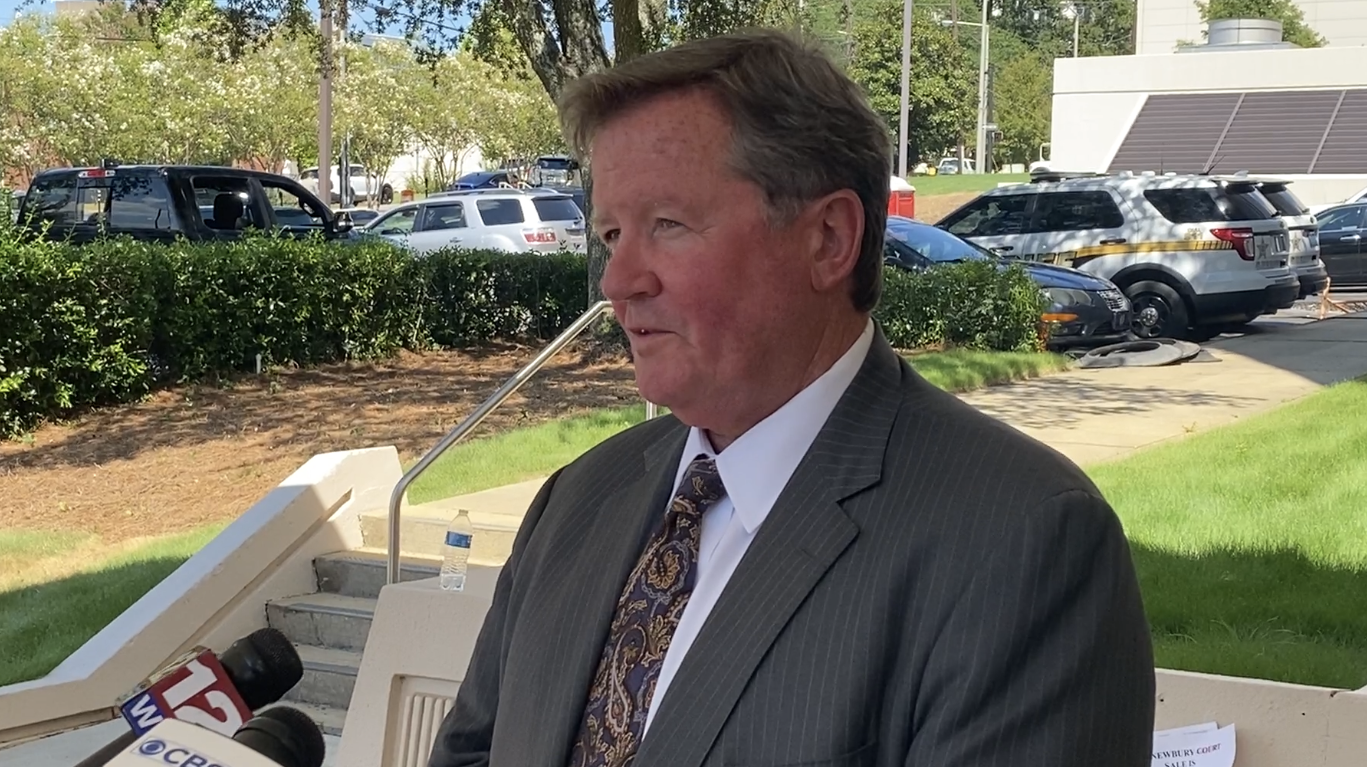Montgomery Circuit Judge James Anderson issued a temporary restraining order Thursday to put the medical cannabis licensing process on hold while it is determined whether the Alabama Medical Cannabis Commission violated the Open Meetings Act.
After a two-month delay caused in part by significant errors in the scoring process of applicants, the commission met on Aug. 10 to re-award licenses to applicants in all categories.
Much of that meeting was spent in executive session, where each commission member filled out a secret ballot to select their preferred nominees. Those ballots were then collated in private to rank nominees in preferential order, and only those “nominees” were discussed and voted on in an open meeting.
Plaintiffs argued in court Thursday that the nomination process amounted to a vote, at least to eliminate certain applicants from the proceedings.
“The secret ballot essentially determined who would get a license,” said attorney Wallace Mills.
AMCC Attorney William Webster attempted to argue before Anderson that filling out the ballots in executive session was proper, but Anderson asked Webster why that didn’t take place in the public portion of the meeting.
“It would have been impractical to do this during the open meeting portion—,” Webster said.
“I think I’ve heard enough for prima facie evidence to grant a TRO for the issuance of licenses,” Anderson interjected.
Anderson and the various attorneys spent much of the 90-minute hearing discussing and debating procedure for moving forward— including such technical aspects as whether the Open Meetings Act allows for a complaint to be filed by a corporation, or only a citizen. There were also questions of how to proceed with the next hearing as more and more parties join the fray.
“The court is concerned about how long this process is taking,” Anderson said. “This is something that needs to move along.”
Webster got heated about the continued challenges facing the commission, telling Anderson that the litigation could continue on indefinitely.
“At risk of offending you, this could take forever … every time we go out and come back, somebody has something to say about what we’ve done,” Webster told Anderson.
But Anderson cautioned Webster that the court’s job is to hear the factual dispute put before it.
“I think everybody has a right to make complaints about that,” Anderson said. “That’s where we are, that’s what we’re here for.”
Webster made it clear that if the court rules that the commission violated the Open Meetings Act, he intends for the commission not to go back behind closed doors at all.
“If this has to go back one more time, we re done protecting anybody’s character,” Webster said. “We will put forth everybody’s dirty laundry and everyone will hear about it.”
Anderson acknowledged the commission’s right to discuss the matter outside of executive session, although he noted it did not “need to be done in a vindictive way.”
Following the hearing, Alabama Always lead counsel Will Somerville said it is the commission that is responsible for the delays in the process.
“The delay has been caused by their refusal to follow the law every time,” Somerville said. “They keep on doing things they shouldn’t do. And they keep on being stuck.”
The court will hold a preliminary hearing on the alleged violation of the Open Meetings Act at 1:30 p.m. on Aug. 28.
In addition to the main issue at hand, the court also heard from parties who had applied for licenses in categories other than the hotly contested integrated facilities.
Anderson ultimately ruled that the “downstream” licenses could be party to this complaint, and agreed that a violation of the Open Meetings Act would also negatively affect potential applicants in those categories as well.


















































